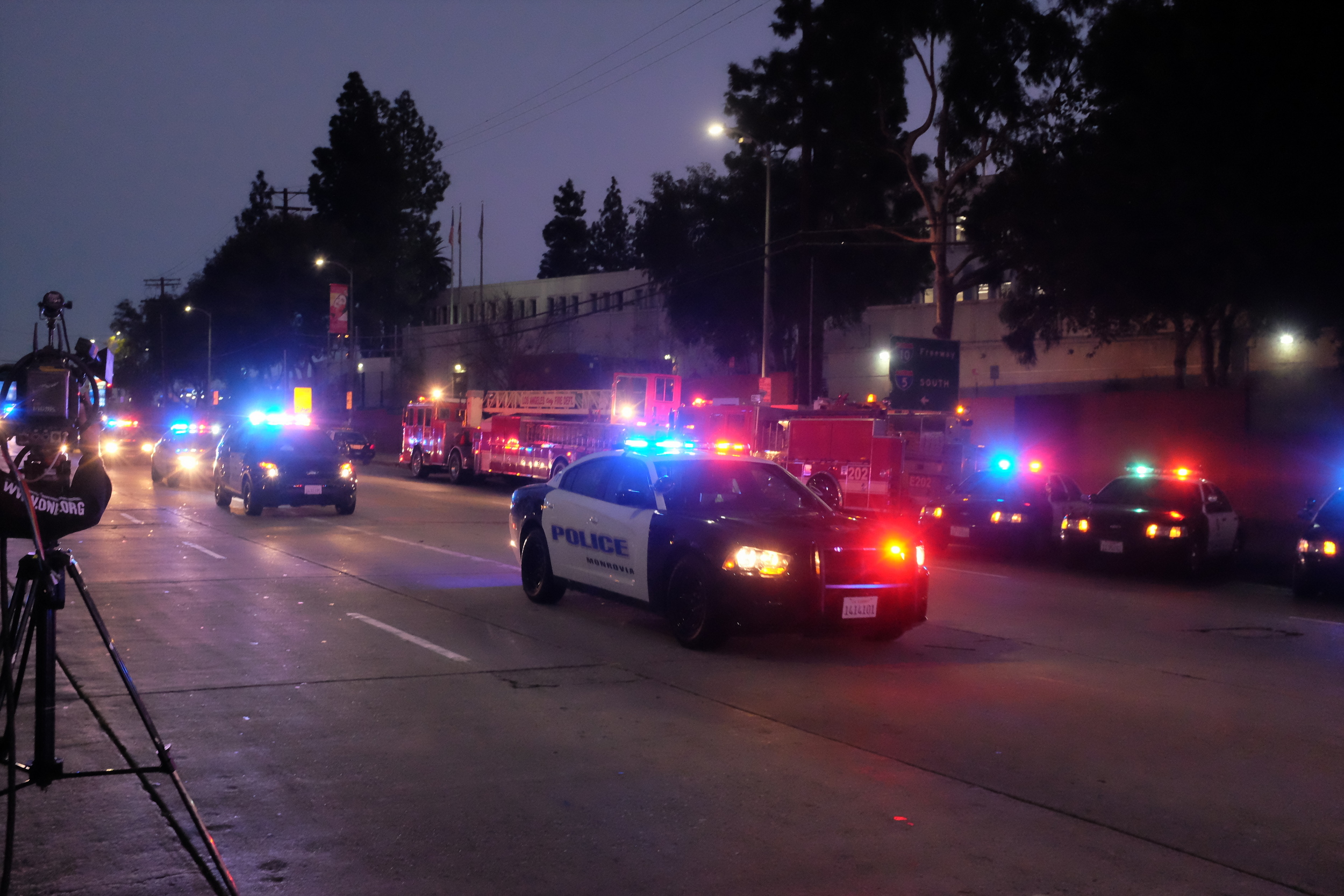Integrity is its own reared, and to her lessons drawn fem longtime service By Richard Fairburn, PoliceOne.com
With the knowledge of leadership experience gained in several agencies - good and bad - I've used my "gift" (see #7) of keen observation and analysis to formulate some truths that are common threads. See if any of my truths ring true to you, and add any you've discovered in the comments field below.
1. No deed goes unpunished - Unfortunately, this negative truth can often mean the most diligent, hard working officers get more than their share of the workload.
2. It is never so bad it can't get worse - Another potential negative, but a turn for the worst must be planned for, especially during critical incidents (a la Murphy's Law). Plan for the worst and then plan for it to get still worse.
3. You can learn more from bad leaders than you learn from good ones - Sometimes it is difficult to define what makes a good leader "good." But it is usually very easy to define what makes a bad boss "bad."
4. You can either DO the right thing or BE the right thing - Colonial John Boyd (of the OODA loop) used to deliver this "Do or Be" leadership speech: "You can say and do the right things, to the right people, at the right times, and progress up the ladder and BE. Or you can DO what is right and make a real difference. It may cost you a promotion or even career. It's a decision we all have to make throughout our lives and careers: To DO or to BE."
5. Integrity is it's own reward - Telling the truth and doing the right thing, even when doing so could cause you problems, will not endear you to the upper management of some agencies (see #4). So, integrity sometimes becomes an internal reward, a personal choice of how to live your life.
6. No man is a prophet in his own land - Whether due to jealousy of their expertise or simply ignorance of their talents, top performers may get brushed aside in their own organization.
7. God gives each of us gifts but no user's manual - The trick is to figure out your gifts and how to use them. As a leader, identify the gifts of your team members and try to put them into positions suited to their unique talents. ( I understand what he means about no user's manual as such, but God has given us a user's manual called the Bible).
8. Work and home lives should be separated as much as possible - Taking your job with you is always a fine balance between inadequate communications and information overload. But you must communicate with your family and share your feelings, if not the details. (My thought on this Truth is that officers do not feel comfortable sharing anything at home in fear they might frighten their families. If the officer is having difficulty with something that may have happened at work, the chaplain can always be a great resource to turn too.)
9. Cops rarely invent a bad attitude - Many cops develop bad attitudes for either a period of time or a whole career, Why? Generally, because someone may have wrong them - someone gave them the ingredients for a bad attitude. As a leader, try not to give someone a bad attitude, and help the members of your team work through those they inevitable develop.
10. You can judge a leader by the enemies they keep, rather than their friends - In ancient times the great room in a castle was decorated with standards of both the King's enemies and allies - they were both held in high regard. Over the years I have come to be proud of the men I call enemies, because man would want to be counted among their friends.

